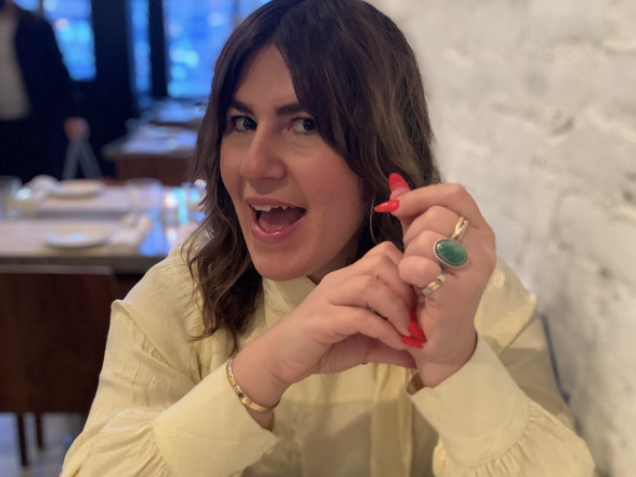- Credit card use is getting more costly than convenient, experts say.
- Balances increased $46 billion Q2 of 2022, the Federal Reserve Bank of New York reports.
- CFPB alleges that effects of the Great Recession are still being felt in the credit card industry.
As more people turn to their credit cards to help offset the cost of living in the US, experts say interest rates will end up costing them more in the long run.
An August report from the Federal Reserve Bank of New York revealed that credit card balances increased by $46 billion in the second quarter of 2022.
Current high interest rates mean that a $5,000 credit card balance could end up costing an extra $1,000 over a one-year period, according to a report from the Consumer Financial Protection Bureau (CFPB).
But the report also notes that consumers mostly are keeping up with credit card payments; still, the average annual percentage rate (APR) on credit cards has reached record highs.
Writer Jamie Feldman, 33, uses TikTok to document her journey paying off $18,000 of credit card debt and budgeting better.
"I certainly was never given a real solid financial education or guidance on how to handle money or credit cards," Feldman said in the video.
Feldman has paid off $1,100 of debt so far, but she's determined to pay off her full balance by the end of the 24-month promotional period of 0% APR she managed to secure, according to Fortune.
Until then, she holds herself accountable with videos of her daily spending habits for her 19,000 followers.
"Of course I'm still worried about it, but once you confront something it becomes less scary," she said to Fortune.
"Now it's like: 'Okay, I can do this.' This is not my life, that I have debt forever and I can never get out of it. I am in control; I have the power to change things," she added.
The combination of an increasing APR and record low payment delinquencies and defaults, is a possible effect of the Great Recession, the CFPB says.
The charge-off rate, or measure of accounts considered uncollectible due to extreme delinquency, once worked in tandem with high APRs after the Great Recession started.
"But then, as the economy recovered, credit card companies did not decrease their prices accordingly, despite seemingly lower risk of default," the report read.
Credit services manager Shazia Virji told Yahoo Money that the current increase in debt is a reflection of consumers' attempts to "use credit cards to make ends meet."
Another expert, senior industry analyst Ted Rossman, said spending also is due in part to consumers making up for lost time by "unleashing pent-up demand and spending a lot of money on things they previously missed out on because of the pandemic."
Virji acknowledged that "consumers have had quite a bit of liquidity over the past couple of years, prompted by government stimulus."
They were 'able to save during this time period," but now debt repayment is becoming more of a looming concern.
"Interest is your biggest enemy," she said. "They made debt repayment a priority then and they're making it an even higher priority now that interest rates are rising and debt is becoming more expensive."
